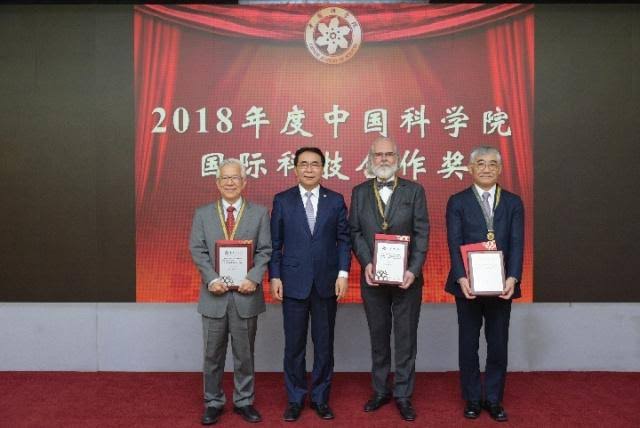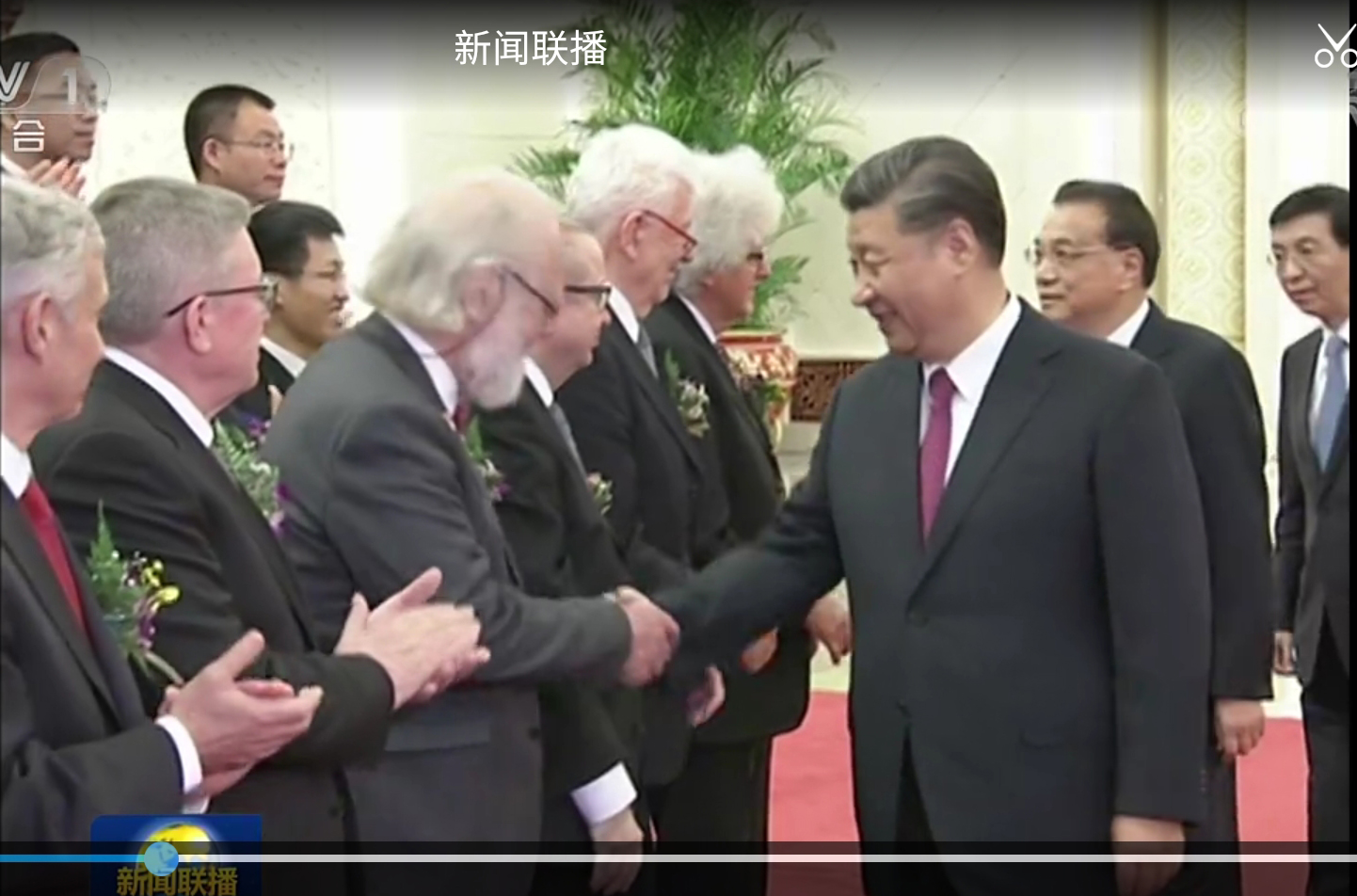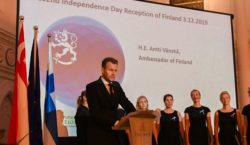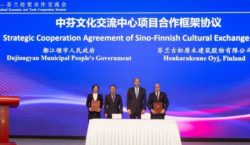
China granted its 2019 International Science and Technology Cooperation Award on 10th January 2020, Norway won for the first time ever while Finland got scientific honour for another year.
This award recognizes the key roles foreign scientists have played in China’s scientific development, as well as China’s growing effort to diversify its scientific partners in recent years, according to the National Office for the Science and Technology Awards.

Professor Nils Stenseth, a noted Norwegian evolutionary biologist and a professor at the University of Oslo in Norway said, “I feel very much honoured to be given the award, which represents profound recognition of the collaborative work I’ve been involved in with Chinese scientists over the last 25 years,”
“Last year, China and Norway celebrated the 65th anniversary of the establishment of diplomatic ties, and this relationship has facilitated recent government-level scientific cooperation between the two countries,” he said.

In 2015, the Research Council of Norway launched a new funding program to support its international scientific projects and partnerships, which involved Chinese partner institutions, he said. Some notable examples include the study of ecology and the evolution of plague, the social impact of climate change and photovoltaics for sustainable development, according to Xinhua.
“This partnership is of the utmost importance for the higher education and research sector in Norway,” Prof. Stenseth said, adding that China and Norway are powerhouses in research and education in fields such as marine science and the environment. “We thus have much to learn from each other.”
“Close China-Norway cooperation is important in order to further strengthen world-leading research groups, and for some fields help develop knowledge platforms to address the many global challenges facing us today,” he said. “China’s contribution is essential to solve the global challenges in areas such as poverty reduction, climate, health, energy and environment.”
“Such collegial interactions and dialogues do for sure contribute to a better and more harmonious world,” he added.
The 10 award winners were from United Kingdom, Russia, Finland, Italy, Norway, Austria, Pakistan and 3 scientist from The United States. It is the first time scientists from Norway, Austria and Pakistan have won the award.




